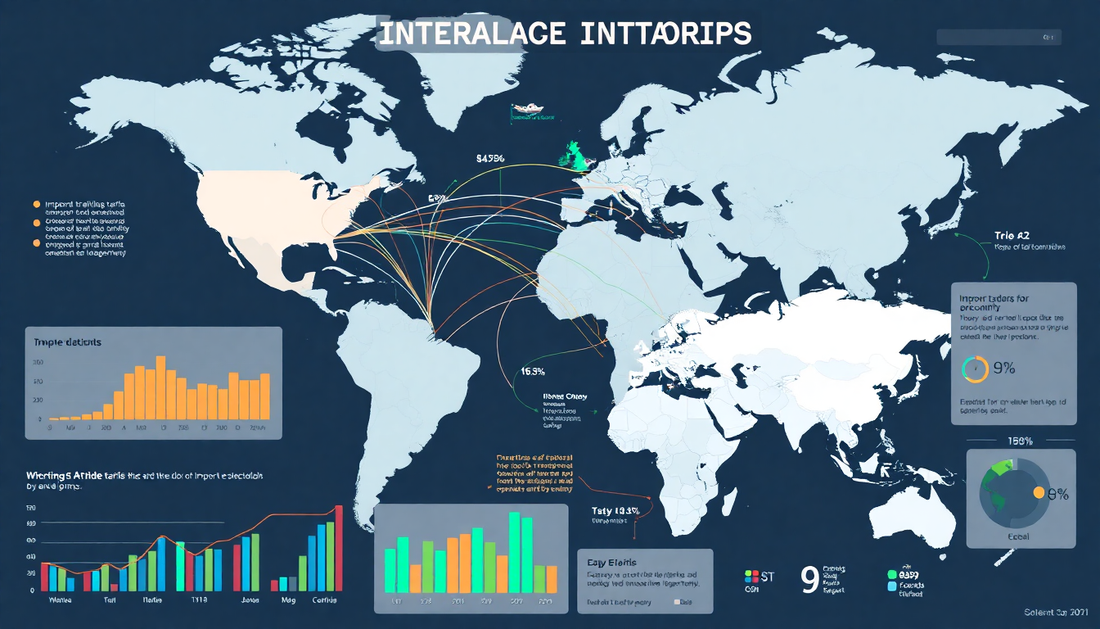
How Tariffs Affect the Supplement Industry
Share
In today's global economy, tariffs have become an increasingly significant factor impacting various industries, including the thriving supplement market. As the world navigates complex trade dynamics, understanding the implications of these tariffs is crucial for both consumers and businesses in the health and wellness sector.
The current tariff landscape is a complex web of international negotiations and policy changes. Key players in the supplement trade, such as the United States, China, and India, have all implemented tariffs on imported goods, including raw materials and finished products. These tariff adjustments have had a direct effect on the supplement industry, leading to increased costs and supply chain disruptions.
One of the primary ways tariffs affect the supplement industry is through the rising prices of raw materials. Many essential vitamins, minerals, and herbal extracts used in supplement formulations are sourced globally, and the additional import duties have driven up the cost of these ingredients. Manufacturers are then faced with the challenge of either absorbing these increased expenses or passing them on to consumers, often resulting in higher retail prices for popular supplement products.
Beyond the direct impact on prices, tariffs have also caused supply chain disruptions within the supplement industry. Sourcing difficulties and delays in product shipments have forced companies to explore alternative procurement strategies, such as diversifying their supplier networks or seeking domestic sources for certain ingredients. These adaptations can be time-consuming and costly, further straining the industry's ability to meet consumer demand.
In response to these challenges, both consumers and businesses in the supplement industry have had to make adjustments. Consumers may find themselves more selective in their purchasing decisions, opting for more affordable options or seeking out domestic brands that are less affected by tariffs. Supplement companies, on the other hand, have had to reevaluate their pricing structures, marketing strategies, and even product formulations to remain competitive and accessible to their target audience.
Looking ahead, the future of the supplement industry's relationship with tariffs remains uncertain. As global trade dynamics continue to evolve, industry experts predict that tariff trends may fluctuate, requiring ongoing adaptability and resilience from supplement manufacturers and retailers. However, this uncertainty also presents opportunities for innovation, as companies explore new ways to source ingredients, optimize supply chains, and deliver high-quality, affordable products to health-conscious consumers.
In conclusion, the impact of tariffs on the supplement industry is multifaceted, affecting everything from raw material costs to supply chain logistics. By understanding these challenges and adapting accordingly, both businesses and consumers can navigate this evolving landscape and ensure the continued growth and accessibility of the supplement market.
